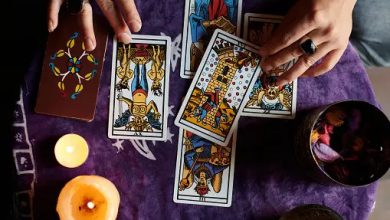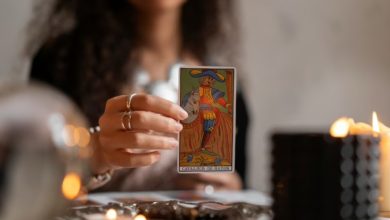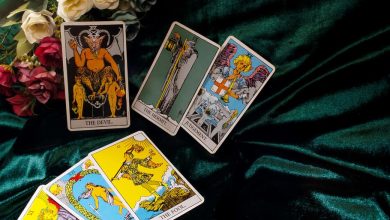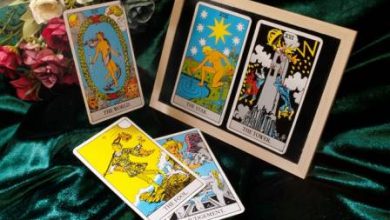Famous Figures and Archetypes in History in Tarot
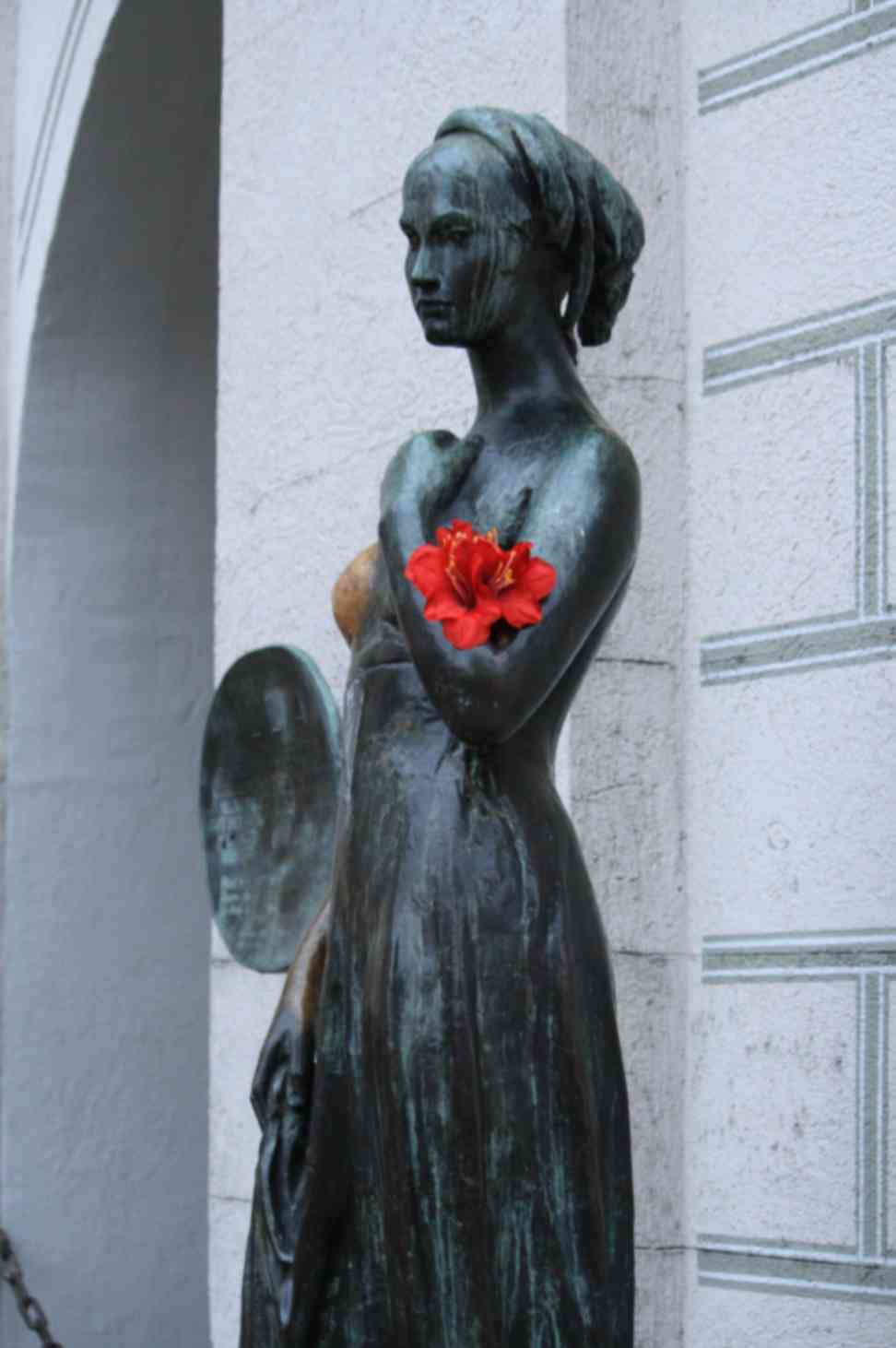
Introduction
The Tarot is a powerful tool for divination and self-discovery, featuring a myriad of archetypal symbols that resonate with the human experience. Many of these symbols find their roots in history and mythology, where famous figures embody the essence of these archetypes. In this article, we delve into the captivating world of Tarot archetypes by exploring the intriguing connections with renowned historical and mythological figures.
The Empress: Cleopatra, The Queen of Egypt
At the heart of the Tarot lies The Empress, symbolizing femininity, abundance, and nurturing. This archetype finds a compelling parallel in Cleopatra, the legendary Queen of Egypt. Cleopatra’s allure, intelligence, and leadership abilities reflect The Empress’ embodiment of power and grace.
?
The Emperor: Julius Caesar, The Roman General
Representing authority, stability, and leadership, The Emperor archetype echoes the persona of Julius Caesar, the famed Roman general, and statesman. Just as The Emperor provides structure and guidance, Caesar’s strong leadership and military prowess left a lasting impact on history.
The High Priestess: Isis, The Egyptian Goddess
The enigmatic and intuitive High Priestess archetype finds its counterpart in the Egyptian Goddess Isis. As a symbol of mystery, wisdom, and spiritual insight, Isis represents the sacred feminine and the secrets of the universe, closely aligned with the essence of The High Priestess card.
The Hierophant: Confucius, The Philosopher
The Hierophant embodies tradition, spirituality, and teaching. This archetype finds resonance in the teachings of Confucius, the influential Chinese philosopher who emphasized ethics, morality, and the importance of education and societal harmony.
The Lovers: Romeo and Juliet, The Star-Crossed Lovers
The Lovers card epitomizes love, connection, and choices in relationships. The timeless tale of Romeo and Juliet represents this archetype, illustrating the complexities and consequences of love, choices, and destiny.
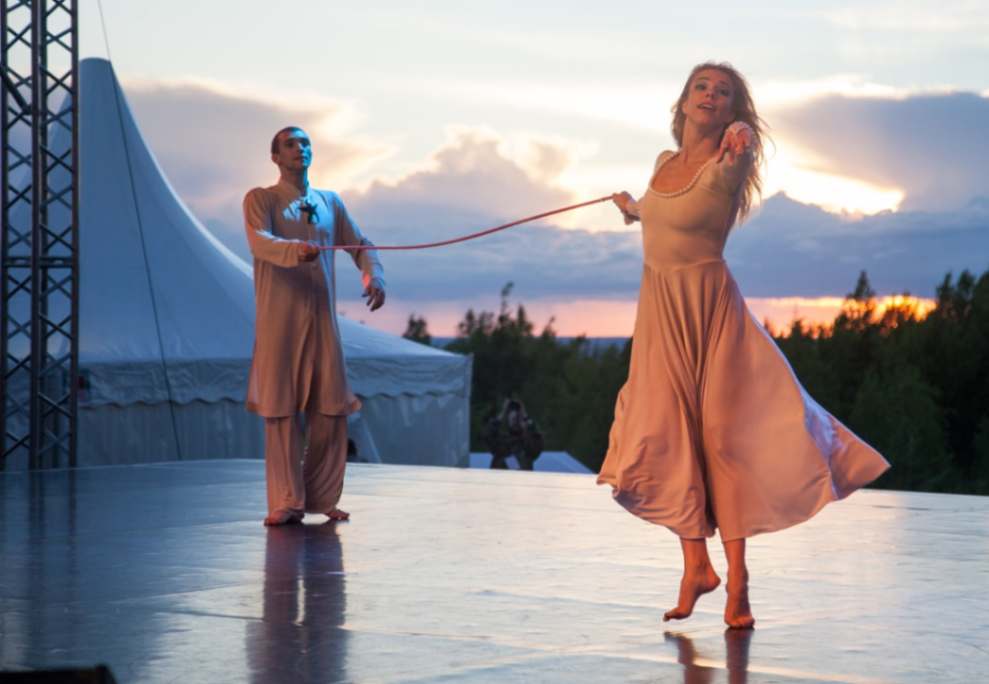
The Chariot: Alexander the Great, The Conqueror
The Chariot symbolizes determination, triumph, and assertiveness. This archetype aligns with the indomitable spirit of Alexander the Great, whose military conquests and visionary leadership defined an era.
Strength: Hercules, The Mighty Hero
Strength portrays courage, resilience, and inner fortitude. The mythical hero Hercules embodies this archetype, conquering seemingly insurmountable challenges with sheer strength and tenacity.
The Hermit: Socrates, The Wise Philosopher
The Hermit archetype signifies introspection, solitude, and enlightenment. Socrates, the ancient Greek philosopher, exemplifies the pursuit of wisdom through self-reflection and contemplation.
The Wheel of Fortune: King Solomon, The Wise Ruler
The Wheel of Fortune embodies the cycles of life, fate, and destiny. King Solomon, renowned for his wisdom and understanding, reflects the idea of navigating life’s ever-changing circumstances with sagacity.
Conclusion
The Tarot deck is a treasure trove of archetypal symbolism, intricately woven with the fabric of human history and mythology. As we explore the connections between famous figures and Tarot archetypes, we gain a deeper appreciation for the universal themes that underpin the human experience. These reflections remind us that the Tarot is not just a tool for divination but a profound mirror of our collective consciousness, guiding us on a timeless journey of self-discovery and spiritual growth.
Connect with Astrologers on Numerologybox
Want to know exactly when your tarot card will reveal who your “Soul Flame” is, and when you’ll cross paths? Check out this free Soul Flame Reading that I love to do by clicking the image below:
Source: https://numerologybox.com
Category: Tarot



